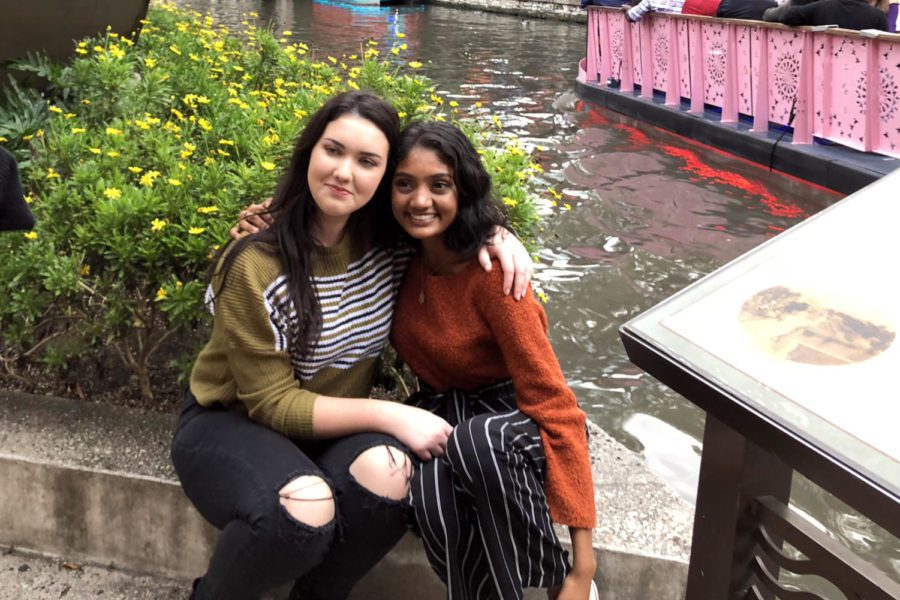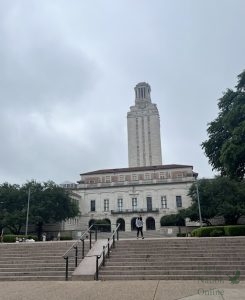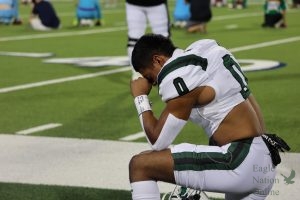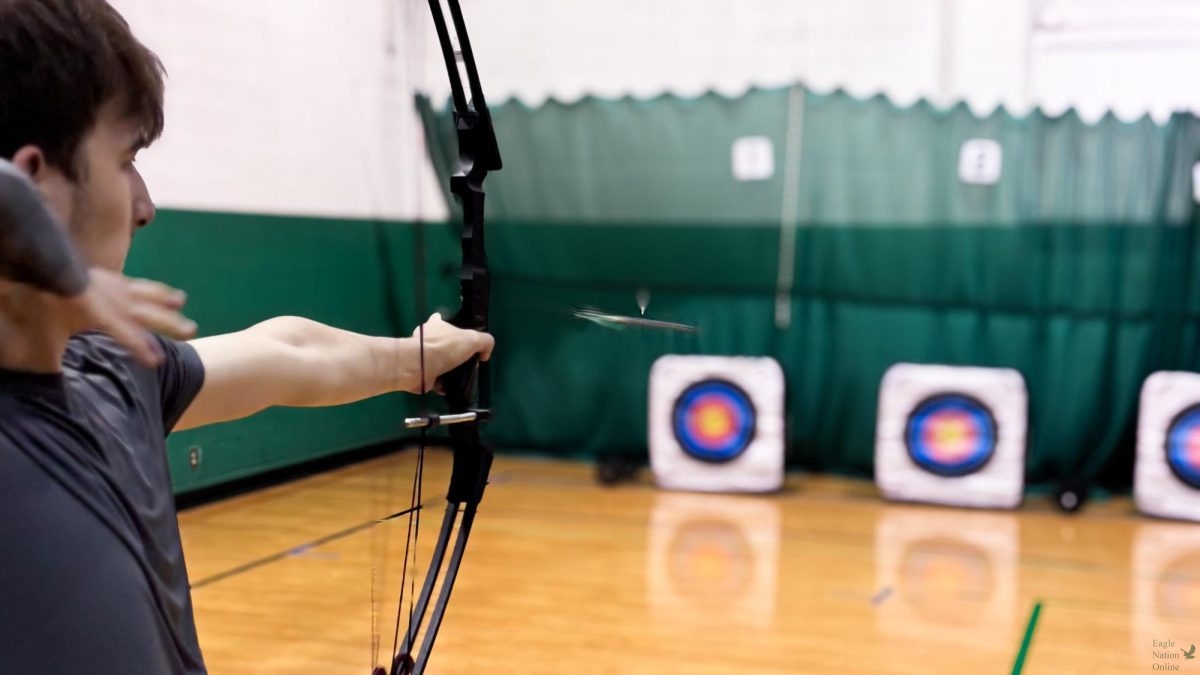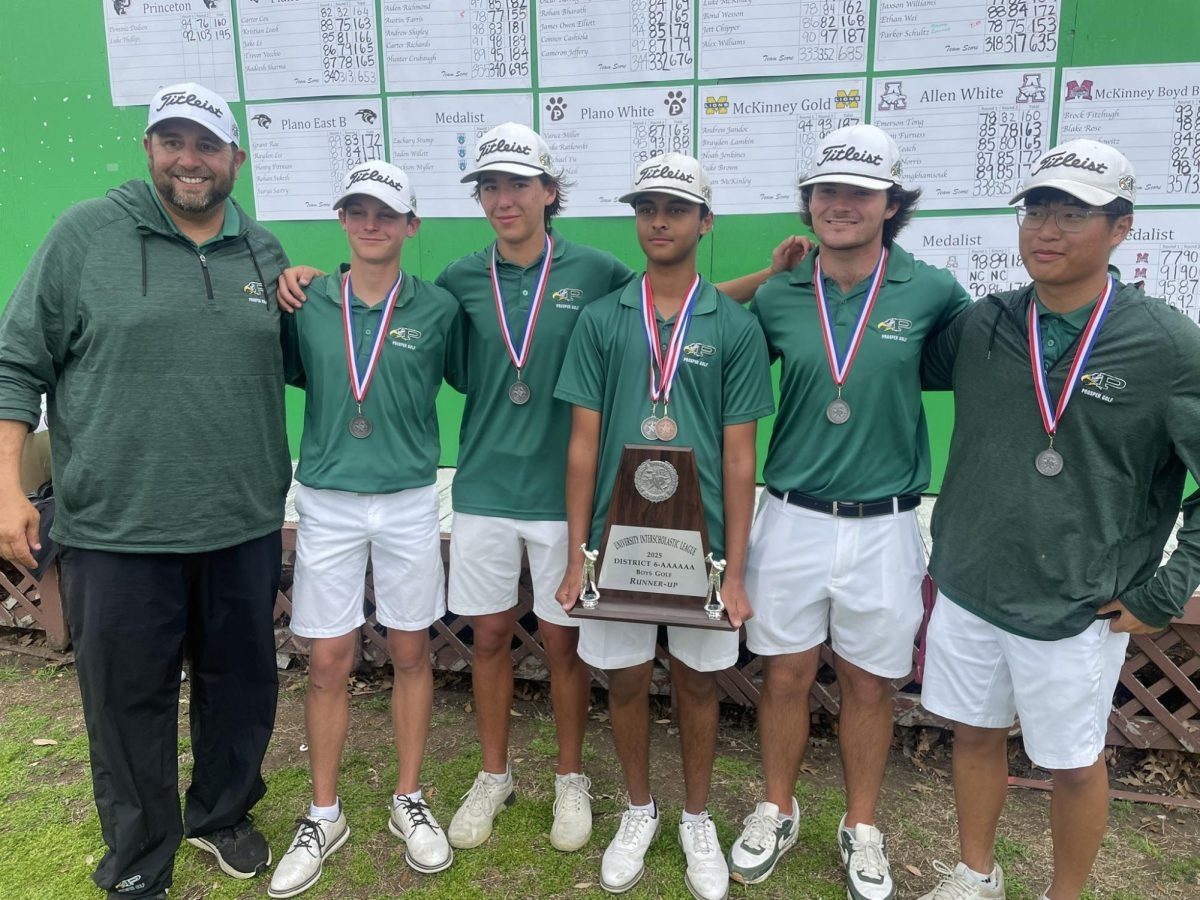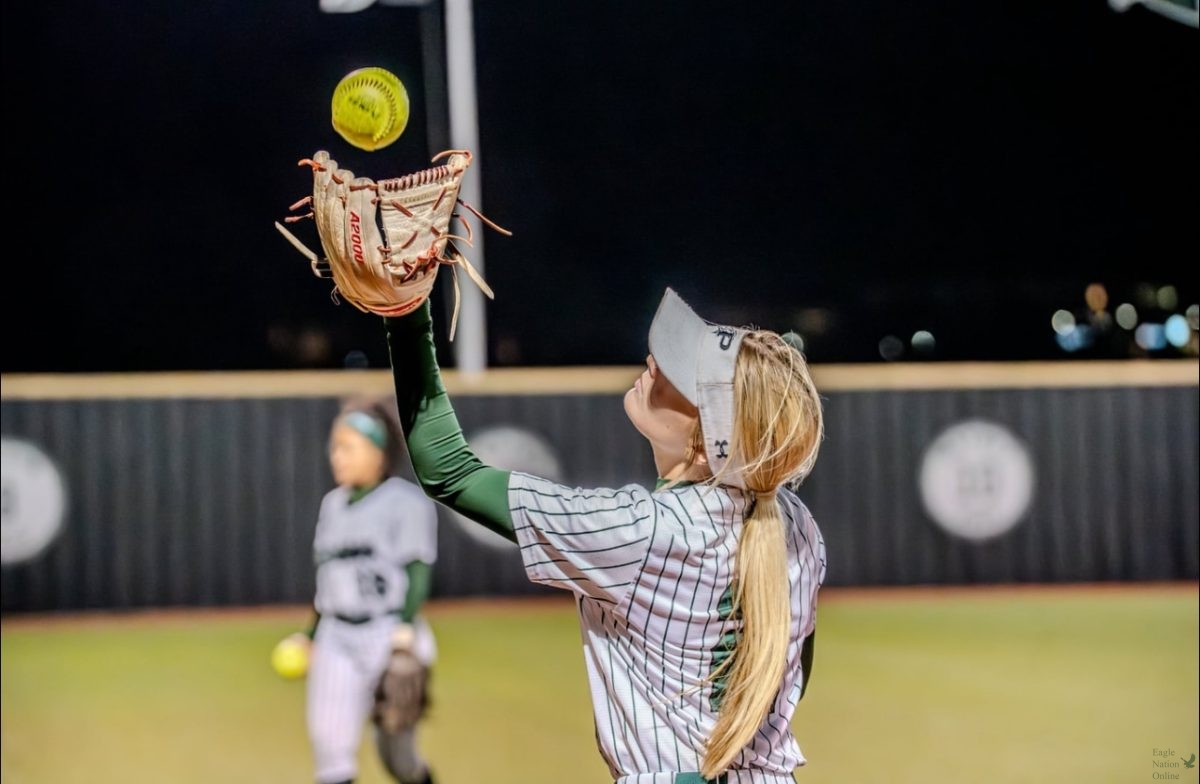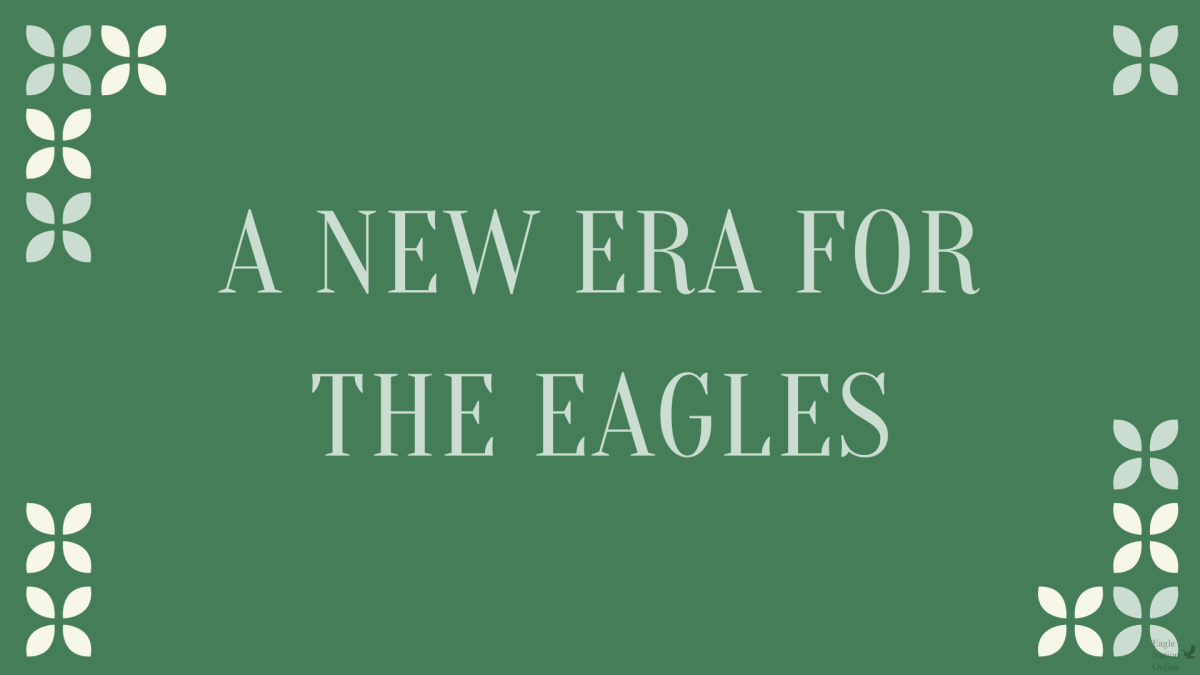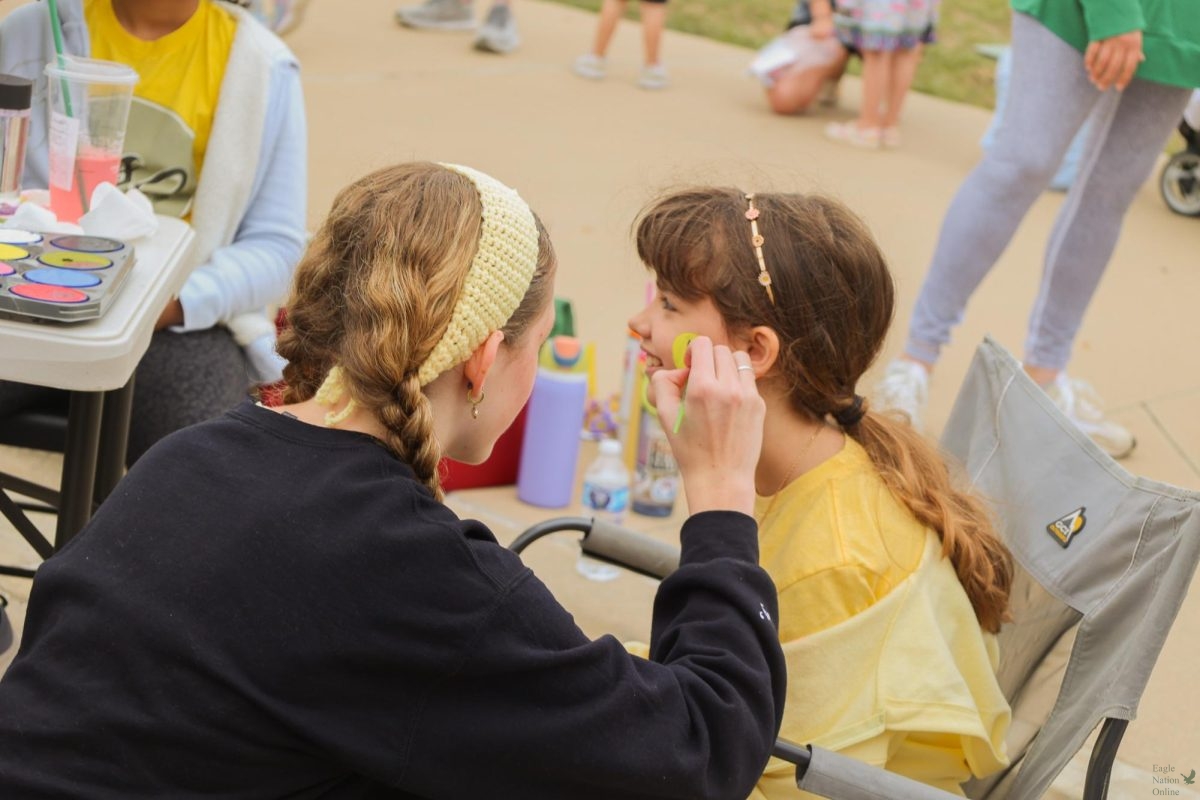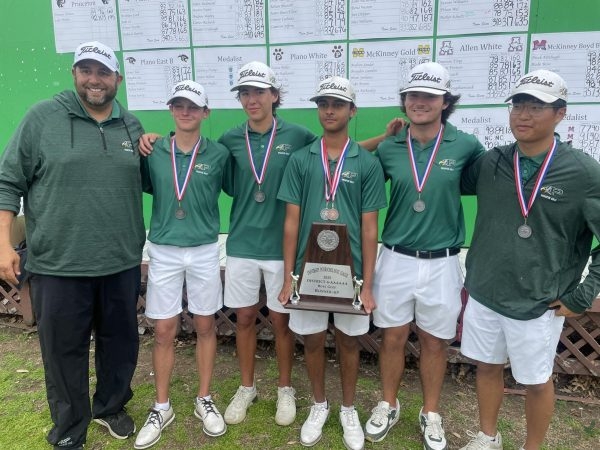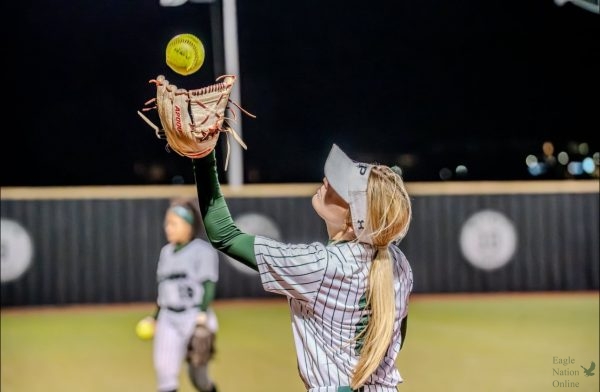Local students receive award
at Women’s Media Center gala
Junior Haley Stack and senior Neha Madhira take a break alongside the River Walk in San Antonio during the Texas Association of Journalism Educators Association’s state convention held in San Antonio in October. The two journalists led a workshop there on student press rights and recently received a national award from the Women’s Media Center for their work in that area. “It’s important to remember the power of your voice and how much speaking out and standing up can impact not only your life, but everyone’s around you,” Madhira said. “As student journalists, all of our stories are thoroughly researched and so when we do that, we are providing (readers) with accurate resources.”
November 16, 2018
Senior Neha Madhira and junior Haley Stack jointly received the first “Young Journalist Award” at this year’s Women’s Media Center’s ceremony, held before a sold-out crowd at the Capital Nov. 1 in New York City.
According to its website, the WMC, founded by Jane Fonda, Robin Morgan and Gloria Steinem, is a nonprofit organization that works to raise “the visibility, viability and decision-making power of women and girls in media” and to ensure their stories are told.
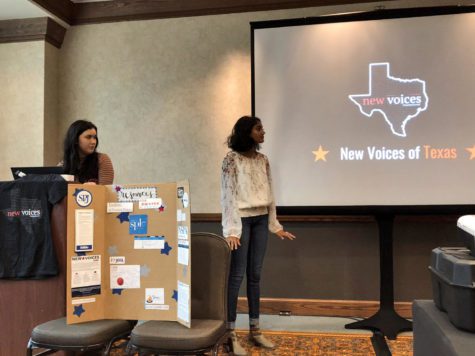
“They (members of the WMC) try to investigate, save women and report on them,” Madhira said. “They reward women who they think are world-changers, so it’s an honor for Haley and I to be part of that.”
In addition to this award, Madhira and Stack also have been scheduled to give a Ted Talk in Palm Springs, Calif., Nov. 28.
“I was shocked,” Stack said. “We got to walk on the red carpet. We had a publicist telling us what to do. It was crazy because we had never experienced anything like that before.”
Approximately 400 guests attended the awards at Capital in New York City.
“When we were up there giving that speech, it felt insane that we were in the same room winning awards with exceptional women who have done way more in their life,” Stack said. “But somehow we were on the same level as them.”
The WMC’s research and reports, such as the “Status of Women in Media Report,” show studies that take a closer look at the representation of women in media and where they stand in the industry.
“It’s important to remember the power of your voice and how much speaking out and standing up can impact not only your life, but everyone’s around you,” Madhira said. “As student journalists, all of our stories are thoroughly researched and so when we do that, we are providing (readers) with accurate resources.”
Another project is the “WMC Speech Project.” According to the website, its main goal is to increase understanding of the “negative effects” of online misogyny and abuse and to ensure that free speech is a right for all.
“I do believe that a lot of times women who are censored are intimidated because the administrators and people over them with positions of authority are men,” Madhira said. “Once you’re censored, you start to self-censor and you start to drop stories that you deem controversial to yourself. You lose that confidence, and that can affect you when you’re older, not just as a student journalist.”
Author and co-founder of the Sisterhood is Global Institute and the Women’s Media Center, Robin Morgan invited Madhira and Stack to the Women’s Media Center gala after reading their story on local newspapers and having them as guests on the Women’s Media Center Live podcast.
“We not only wanted to criticize the media where it’s gone wrong,” Morgan said. “We also praise where praise is due. They (Neha and Haley) fought it through and they actually won. I wanted to bring more publicity onto the drive for student freedom of the press in high school newspapers as well.”
Stack and Madhira have been invited to write for the “WMC FBomb,” a media platform for teenage feminists to write and tell their stories.
“I think it’s important for journalists to remember that their voices really matter. I think that’s one thing that’s hard to pick up when you’re so put down all the time,” Madhira said. “We hope to keep educating students, advisers and legislatures about the importance of scholastic press rights.”



